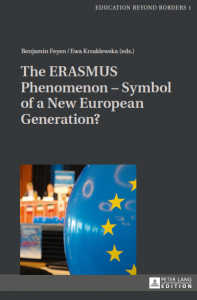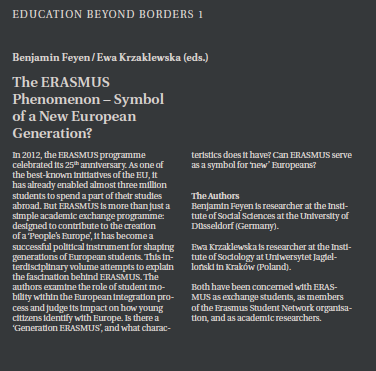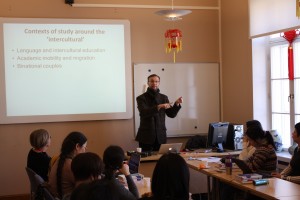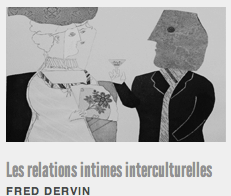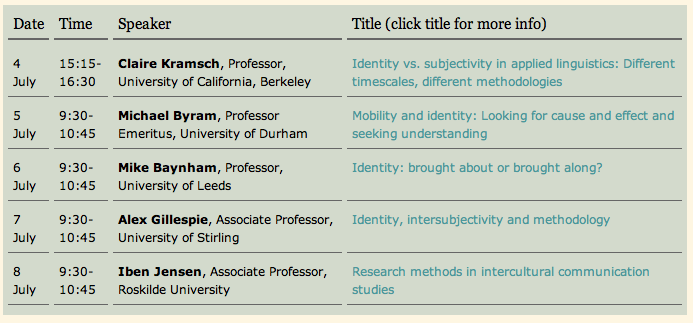A one-day Conference organized by the EU-funded IEREST project (Intercultural Education Resources for Erasmus Students and their Teachers), the Department of Teacher Education (University of Helsinki, Finland) and the Education for Diversities Research Group (E4D)
10.00-17.00, SILTAVUORENPENGER 10, Auditorium 2, http://goo.gl/maps/YFAZV
Description
This one-day conference aims to discuss the following questions (amongst others):
– What does ‘intercultural’ mean when it is taught to international and exchange students? Is it different from the ‘intercultural’ taught to local students?
– Who teaches the ‘intercultural’ to international and exchange students in Finland? What do they teach? Who decides what to teach? How do / can we assess learning of the ‘intercultural’?
– What do students learn? How do we know they are learning? What is successful and unsuccessful teaching-learning of the ‘intercultural’?
– What are the needs of people involved with the teaching of the ‘intercultural’ in this context?
Guest speakers:
– Bryony Hoskins, University of Southhampton, UK
– Claudia Borghetti, University of Bologna, Italy
– Fred Dervin, University of Helsinki
– Sarri Vuorisalo-Tiitinen, University of Helsinki
– Heidi Layne, University of Helsinki
Panelists:
– Maarit Haukka, International services, University of Helsinki
– Tiina Piipponen, Coordinator in International affairs, Metropolia University of Applied Sciences
– Sören Rasmussen, City of Helsinki
– Kirby Vincent, Language Center, University of Helsinki
– Kielo Brewis EMS/Migri
– Antti Reinsalo, Vice President, Erasmus Student Network Finland
Registration
By 1.3.2013 at https://elomake.helsinki.fi/lomakkeet/40035/lomake.html
Please note that there is no conference fee. Coffee and lunch will be at own expense.
Organisers: Fred Dervin, Heidi Layne & Anna-Leena Riitaoja
More information about the project: http://ierest-project.eu
Project director in Finland: Prof. Fred Dervin, Department of Teacher Education, University of Helsinki. Contact: fred.dervin[at]helsinki.fi.

